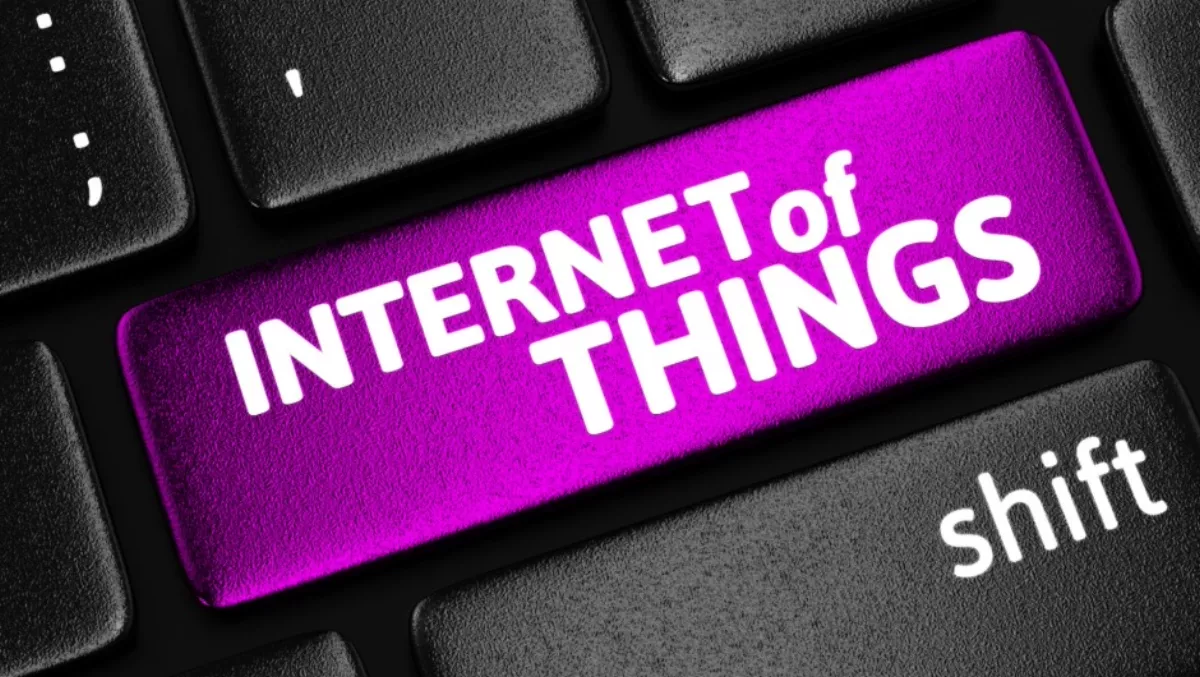
Data discussions daunt digital disruption
Over the last few weeks, there have been several items in the news that mark an increasing trend about data ownership and usage amid the internet of things (IoT) explosion. Essentially, digital or algorithmic business demands that participants "digitalize" their processes and information, thus creating the ability to apply rules (algorithms) to different facets of their businesses and drive efficiency, seamlessly link to new types of partners, create new products and services and above all, understand and provide the context of their customers to be able to personalise offerings for them.
That, in turn, means that there ends up being a lot of data or information online; IoT endeavours (as one type of digital business endeavour) drive that home constantly given the amounts of data created by enabling "things" with sensors, MCUs, communications and other capabilities. One sample stat – a particular Ford car creates 10TB of data PER HOUR.
As suggested above, data like that can provide a platform for its owner(s) to then create algorithms designed to act on what the data represents. Those algorithms find a home within product and service offerings that range from autonomous vehicles, to healthcare services, to ride and residence sharing, to gasoline delivery, to personal financial service and ultimately an infinite set of targets.
Therefore, it's easy to conclude that those that own the data and can create the algorithms to take advantage of it are in the (bad pun coming; you'll see why) driver's seat. And this is why the recent news items are very interesting – they both indicate the beginnings of "data wars" as well as to provide further indication of privacy issues that will accompany the provision and ownership of this data.
First, the automotive world. The connected or autonomous vehicle is garnering significant amounts of attention and capital; there have been $1B acquisitions in this market in the last few months; and there are numerous trials, demos and endeavours among traditional and newer automotive companies jockeying for early leadership (or attention).
However, notable for this blog are two announcements in the space: BMW and Daimler walked away from initial work with Apple to create an electric car because of disagreements on ownership of user data; and Fiat/Chrysler noted that the company had not yet reached agreement with Google on ownership of data resulting from collaborative efforts on autonomous minivans.
While neither of these items indicates a true roadblock for connected/autonomous vehicles, it's easy to see the battle lines being drawn among these "coopetitors" as they move forward. Clearly, a significant value associated with connected vehicles is the data about their users, even if they're not the ones driving. And even though Apple and Google have very different core competencies from BMW, Daimler or Fiat/Chrysler, they are all focused on reaching and "owning" the customer (and to a great extent, the customer's experience).
Next, in healthcare. It was revealed last week that the UK's National Health Service (NHS) had created an agreement with DeepMind, one of Alphabet's (nee Google) "Other Bets" outside of the mainline Google business unit that is focused on machine learning/artificial intelligence (AI).
As reported by Hal Hodson in "New Scientist," the agreement provides DeepMind "…healthcare data on the 1.6 million patients who pass through three London hospitals run by the Royal Free NHS Trust – Barnet, Chase Farm and the Royal Free – each year. This will include information about people who are HIV-positive, for instance, as well as details of drug overdoses and abortions. The agreement also includes access to patient data from the last five years.
Important note: the UK has no HIPAA laws as the US does, and thus this information on patient data goes to DeepMind with names intact, and patients are given no opportunity to opt out. Of course, the goal with DeepMind is noble, essentially using AI to diagnose or even predict medical conditions and recommend courses of action. But it's easy to understand why people might be (at least) uncomfortable with a third party having access to their medical histories, regardless of agreements and promises to build logical walls and prevent any misuse of that information.
As suggested above, being digital means that there is a constant creation and usage of information about people, processes and things. That information is key to disruption – or being disrupted – since once there is a set or flow of digital information, it can be used to understand and deliver value in context.
The news items above indicate that the road to digital riches is not yet fully paved, however, and that organisations must think carefully about the creation of products, services, partnerships and ecosystems based on the increasing amounts of digital information. Privacy and data residency concerns as well as data governance and ownership terms and conditions will increasingly dominate future developments in all of these areas. Article by David Yockelson, Gartner Research VP

